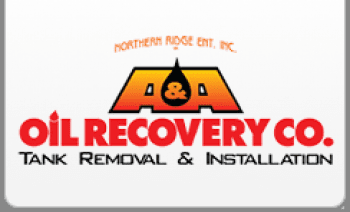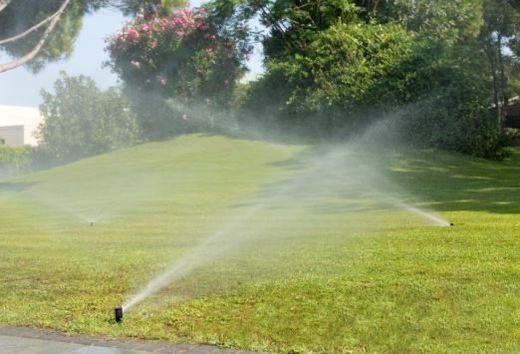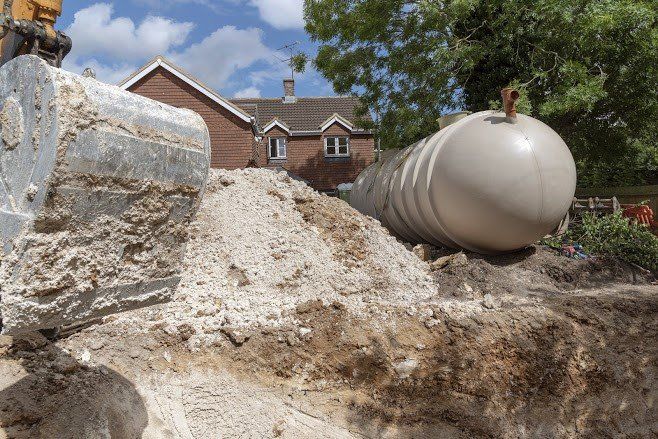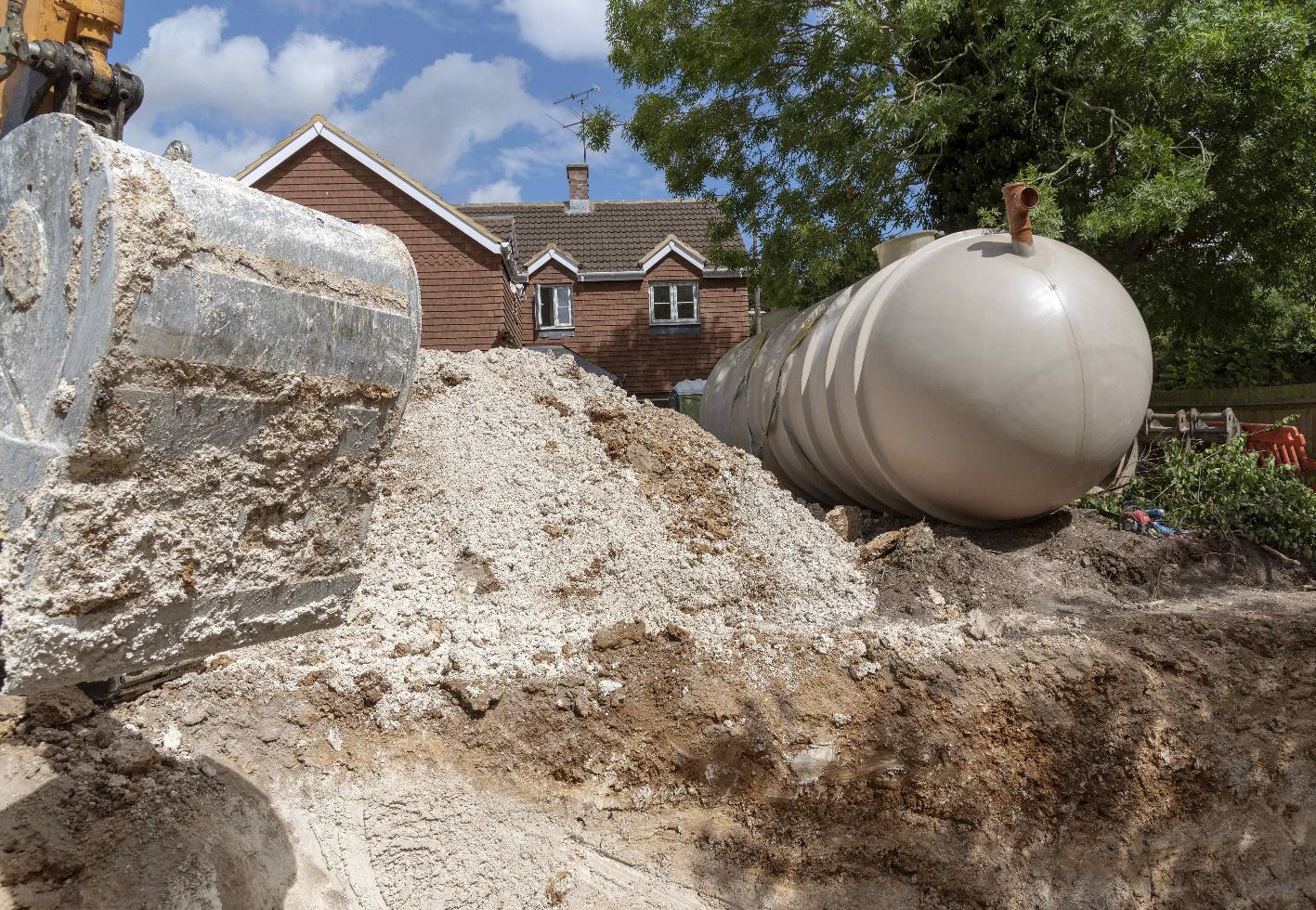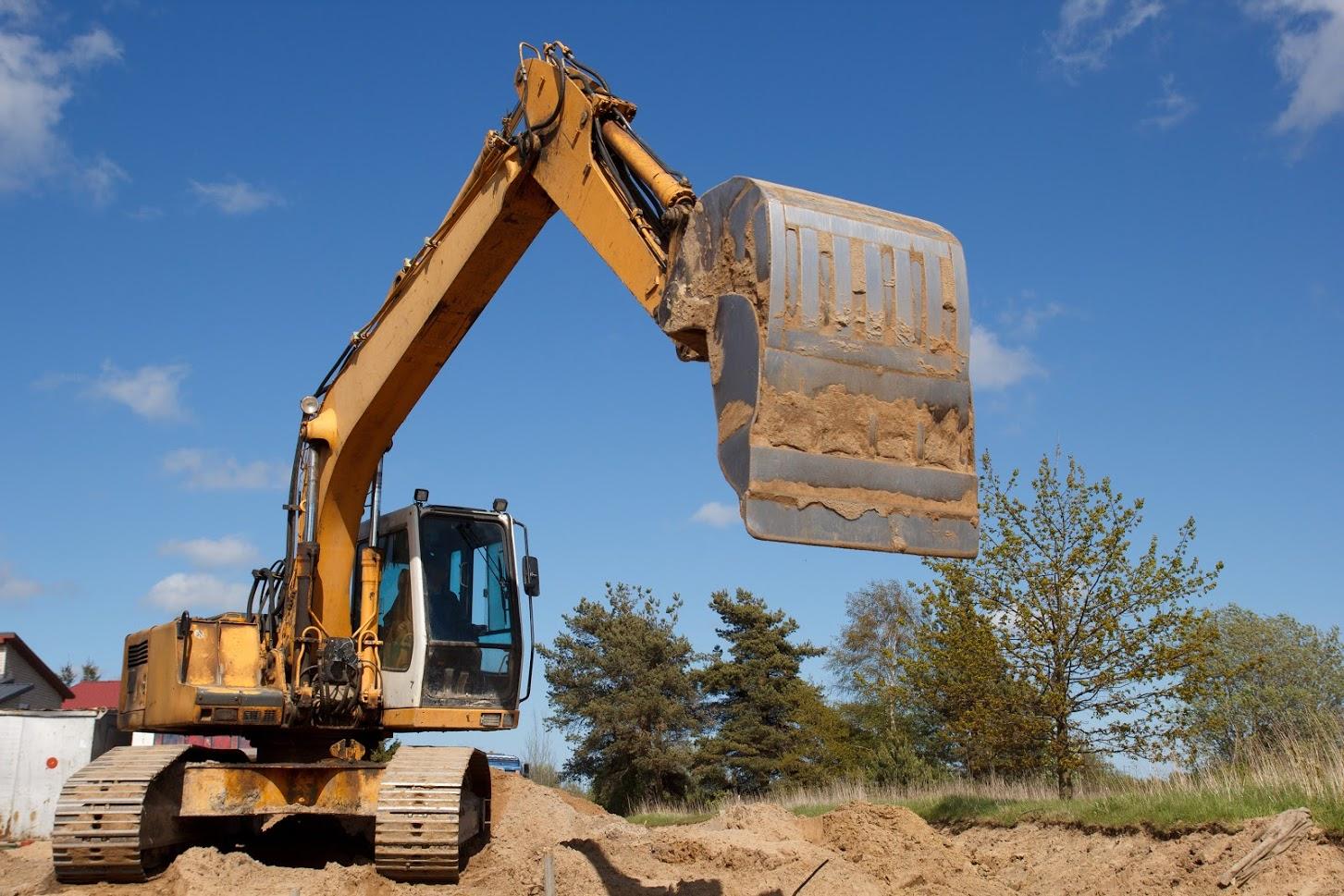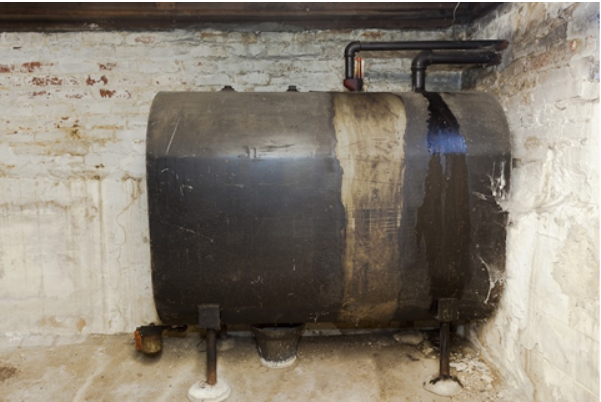Blog Layout
3 Most Common Yard Hazards to Mark Before an Oil Tank Removal
As exciting as it would be to find oil while digging up your yard, underground oil tanks are not goldmines like natural oil deposits are. Underground oil tanks are dangerous when they develop leaks or cracks and require professional removal if you don’t use it.
Oil tanks are often abandoned when a home starts using natural gas instead of fuel. If you have recently purchased an older home, you may have an oil tank under your lawn and not even know it. If you find a tank in your yard and you have no intention of using it, call in an underground oil tank removal
service immediately to get it out of your yard.
Before the removal service comes, however, you can help the process ahead of time with a bit of research and marking these three potential underground hazards that the removal team will want to avoid while digging.
1. Sprinkler System
Many people buy a home unaware of the exact location of their sprinklers and the connecting pipes underground. The original sprinkler installation team will have given you a map of where the sprinkler lines are, but if that was back before you bought the house, you have two options.
The first option is to contact the original homeowner and find out what company installed the sprinkler system and retrieve the sprinkler map if possible. The other option is to try to deduce the locations yourself by identifying the sprinkler heads and estimating the quickest pipe route between them and to the house.
If the pipes are anywhere near where you suspect the oil tank to be, make sure your oil tank removal team is aware of them before they dig. Also, make sure to turn your sprinkler system off before they come so they aren't sprayed down in the middle of the job.
2. Major Plumbing Lines
Your sprinklers aren't the only pipes that can end up in your lawn. Major plumbing lines that connect to the sewer system can be in the front or back yard depending on the orientation of your house. You should mark their location for your removal team. Doing so makes you aware of any potential fuel contamination to your sewage line if the oil tank has leaked.
In this case, your best chance at finding the pipes is to call up the city municipality or zoning office. You can also try to rule out which side of the house your pipes will be on by identifying where your pipes leave the house. If you believe the sewage pipes might come out on the same side of the yard as the oil tank, your removal team will definitely want to know.
3. Cables
Not every home has electrical cables going through the backyard, but you should still check for them. Messing with electrical cables underground can be incredibly dangerous, and your removal team needs to know where they are so they can avoid them.
For any concerns about underground wires, call your city to request someone to mark your yard to show the location of these wires. The relevant companies will be contacted, and a representative will come to mark your yard above the cables. You should direct further questions regarding the effect of the cables on your home project to that representative and make your tank removal team aware of the markings.
Your removal team will do their due diligence and be careful to keep their dig isolated to the location of the oil tank. However, making them aware of potential hazards in the yard around them can make their job much easier. If you suspect an abandoned underground oil tank may be in your yard, call a local removal company like A & A Oil Recovery Co. to come for an inspection and removal.
Share
Tweet
Share
Mail
Contact Information
A & A Oil Recovery Co
Address: Wayne NJ 07470
Phone: 973-709-1700
Email: info.aaoil@gmail.com
Address: Wayne NJ 07470
Phone: 973-709-1700
Email: info.aaoil@gmail.com
Join Our Mailing List
Contact Us
Thank you for contacting us.
We will get back to you as soon as possible.
We will get back to you as soon as possible.
Oops, there was an error sending your message.
Please try again later.
Please try again later.
Browse Our Website
Contact Information
A & A Oil Recovery Co
Address: Wayne NJ 07470
Phone: 973-709-1700
Email: info.aaoil@gmail.com
Address: Wayne NJ 07470
Phone: 973-709-1700
Email: info.aaoil@gmail.com
Join Our Mailing List
Contact Us
Thank you for contacting us.
We will get back to you as soon as possible.
We will get back to you as soon as possible.
Oops, there was an error sending your message.
Please try again later.
Please try again later.
Content, including images, displayed on this website is protected by copyright laws. Downloading, republication, retransmission or reproduction of content on this website is strictly prohibited. Terms of Use
| Privacy Policy
